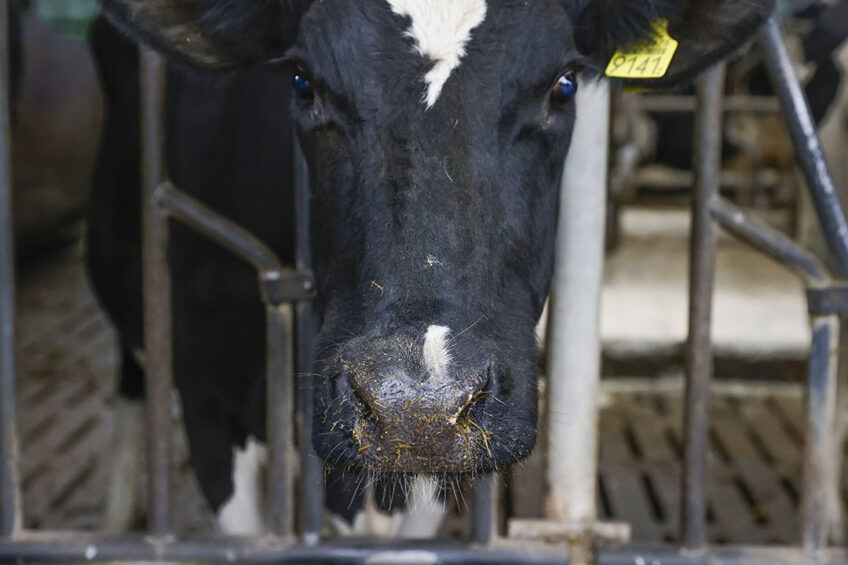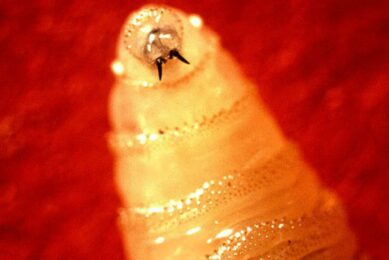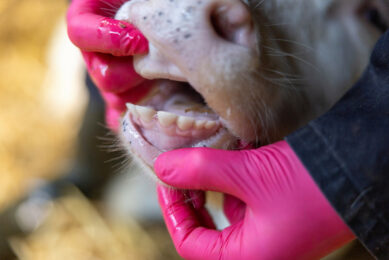More cases of bluetongue found in the UK

Another 4 more cows at 2 premises in Kent, UK, have been found to be infected with bluetongue, the chief veterinary officer has confirmed.
Earlier this month, the Animal and Plant Health Agency (APHA) and The Pirbright Institute identified the first case of the disease in the country. The new cases were detected through additional surveillance, rural affairs department Defra said. The authorities once again stressed that bluetongue does not affect people or food safety.
Control zone
A 10km temporary control zone has been put in place around the affected farms, restricting the movement of susceptible animals except under licence. Ruminants from the UK cannot be exported from any GB Assembly Centre to the European Union or moved to Northern Ireland until further notice.
The virus is transmitted by midge bites and affects cows, goats, sheep and other camelids such as llamas. The midges are most active between April and November and not all susceptible animals show immediate, or any, signs of contracting the virus, Defra said. The cases in the UK are all in Kent in the very southeast of the country and at the closest point only some 20 miles from France.
Therefore, the midges most probably come from that country where over 1,500 cases of bluetongue have been confirmed so far, although Defra has not confirmed that
The UK chief veterinary officer Christine Middlemiss said: “Bluetongue does not pose a threat to human health or food safety, but the disease can impact livestock farms, and cause productivity issues. This detection is an example of our robust disease surveillance procedures in action and it is also a clear reminder for farmers that the disease remains a threat, despite coming towards the end of the midge activity season. Farmers must remain vigilant and report any suspicions to APHA.”
Join 13,000+ subscribers
Subscribe to our newsletter to stay updated about all the need-to-know content in the dairy sector, two times a week.










